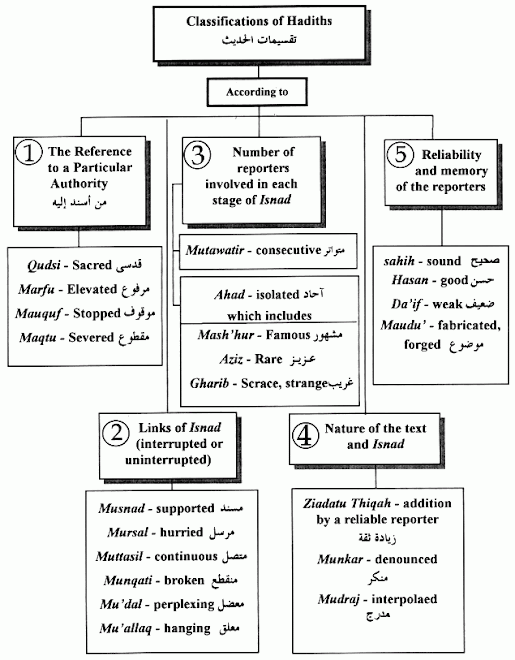 Ayatullah Muhammad Taqi Misbah-Yazdi (Mesbah-Yazdi), born 1934, is a senior Iranian Twelver Shi'i religious scholar who supports the system of government instituted in the early 1980s by Grand Ayatullah al-Sayyid Ruhullah Khumayni (Ruhollah Khomeini) and his supporters after the 1978-1979 Iranian Revolution. He is often rumored to be the "spiritual adviser" to Iran's current president, the controversial Mahmoud Ahmadinejad, as well as the head of the underground Hojjatiyyeh (Hujjatiyya; Hojjatieh) movement, which was banned by Khumayni. Misbah-Yazdi denies the latter claim and no substantial evidence has been offered to support it.
Ayatullah Muhammad Taqi Misbah-Yazdi (Mesbah-Yazdi), born 1934, is a senior Iranian Twelver Shi'i religious scholar who supports the system of government instituted in the early 1980s by Grand Ayatullah al-Sayyid Ruhullah Khumayni (Ruhollah Khomeini) and his supporters after the 1978-1979 Iranian Revolution. He is often rumored to be the "spiritual adviser" to Iran's current president, the controversial Mahmoud Ahmadinejad, as well as the head of the underground Hojjatiyyeh (Hujjatiyya; Hojjatieh) movement, which was banned by Khumayni. Misbah-Yazdi denies the latter claim and no substantial evidence has been offered to support it.The ayatullah is a member of the Assembly of Experts, a powerful government body composed of Shi'i jurists (mujtahids) who are responsible for electing and monitoring the country's supreme leader (rahbar-e jumhuri-ye Islami). Misbah-Yazdi is a staunch supporter of Khumayni's conception of wilayat al-faqih (velayat-e faqih in Persian), approximately the "authority of the jurisconsult." Khumayni argued that in the absence of the twelfth Imam, Muhammad al-Mahdi, who Twelver Shi'is believe is in a mystical hiding from which he will return at an appointed time, the 'ulama (religious scholars) were to act in his stead. Of the 'ulama (or fuqaha), a single jurist (faqih) would be the leading guide. Although Twelver Shi'i scholars have long argued that they were acting as stewards, of sort, of Twelver Shi'is until the return of the Imam, Khumayni expanded his definition of wilayah significantly and his concept was and is not accepted or considered a requirement by many Twelver Shi'i 'ulama.
In the quote below, taken from Misbah-Yazdi's official web site, he discusses the role of the wali al-Amr (legitimate ruler, guardian) and suggests that an individual who does not rule in accordance to the laws of God and one of the 14 "Infallibles" that Twelver Shi'is believe in is an idol-worshipper/tyrant (Taghut). The 14 "Infallibles" are Islam's Prophet Muhammad, his daughter Fatima al-Zahra (wife of the first Imam, 'Ali ibn Abi Talib), and the 12 Imams). Theoretically, these would include all non-Twelver Shi'i Muslims including Isma'ili and Zaydi Shi'is and the majority (85-90%) of the world's Muslims, who are Sunni, as they do not view thirteen of these fourteen historical personalities as "infallibles" (the 12 Imams and Fatima).
_____________________
"The first and the most important question an intelligent and thinking existent should answer, and select one’s way of life accordingly, by free will and rational choice, is whether we are gods or servants? If we accept that we are servants, the sign of servitude is to make our will fade away in Allah's will. Therefore, all affairs in our lives, whether individual, economical, governmental, or political, should be governed by the will of Allah; Vali al-‘Amr should rule with Allah's permission as well. Otherwise — as the Late Imam Khomeini (r.) said — a person who rules without the permission of Allah and that of an Infallible is a taghut."
______________________
ARABIC
إنّ أوّل وأهمّ قضيّة يتعيّن على الإنسان ـ بعنوانه موجوداً متفكّراً ـ الإجابة عليها وانتخاب طريقه بحرّية وباختيار كامل على غرارها هي: هل إنّه عبد أم إله؟ فإن أقرّ بعبوديّته فإنّ علامة العبوديّة هي إفناء الإنسان إرادته في إرادة الباري تعالى؛ إذن فإنّ جميع شؤون حياتنا ابتداءً من المسائل الفرديّة وصولاً إلى الاقتصاديّة وانتهاءً إلى الحكومة والسياسة لابدّ أن تكون تابعة ومنقادة لإرادة الله عزّ وجلّ؛ حتّى "وليّ الأمر" فإنّه يجب أن يحكم بإذن الله. وإلاّ فكما قال الإمام الراحل (رحمة الله عليه): إذا مارس امرؤ الحكم من دون إذن الله أو إجازة المعصوم (عليه السلام) فهو طاغوت.
______________________
PERSIAN





No comments:
Post a Comment